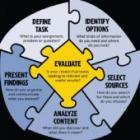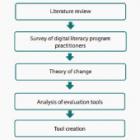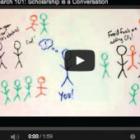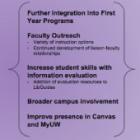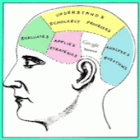
UW Libraries and the Greater Western Library Alliance: Student Learning Impact Study
How does the academic library contribute to the overall success of an institution, particularly with regard to the academic performance of its students? The Greater Western Library Alliance has formed a research body of 20 institutions to investigate the impact of library instruction on first-year student achievement and retention. Through its participation, the UW Libraries seek to measure the impact of their teaching and learning activities in the Expository Writing Program and First Year Interest Group courses. As part of the pilot phase, we conducted an analysis of library instruction data for the academic year 2014-2015 and de-identified student data, including GPA and retention, while also exploring the impact of specific types of library instruction on student achievement. Our findings will be used to create a set of best practices in library instruction and to inform recommendations for improving the UW Libraries Teaching and Learning Program.



